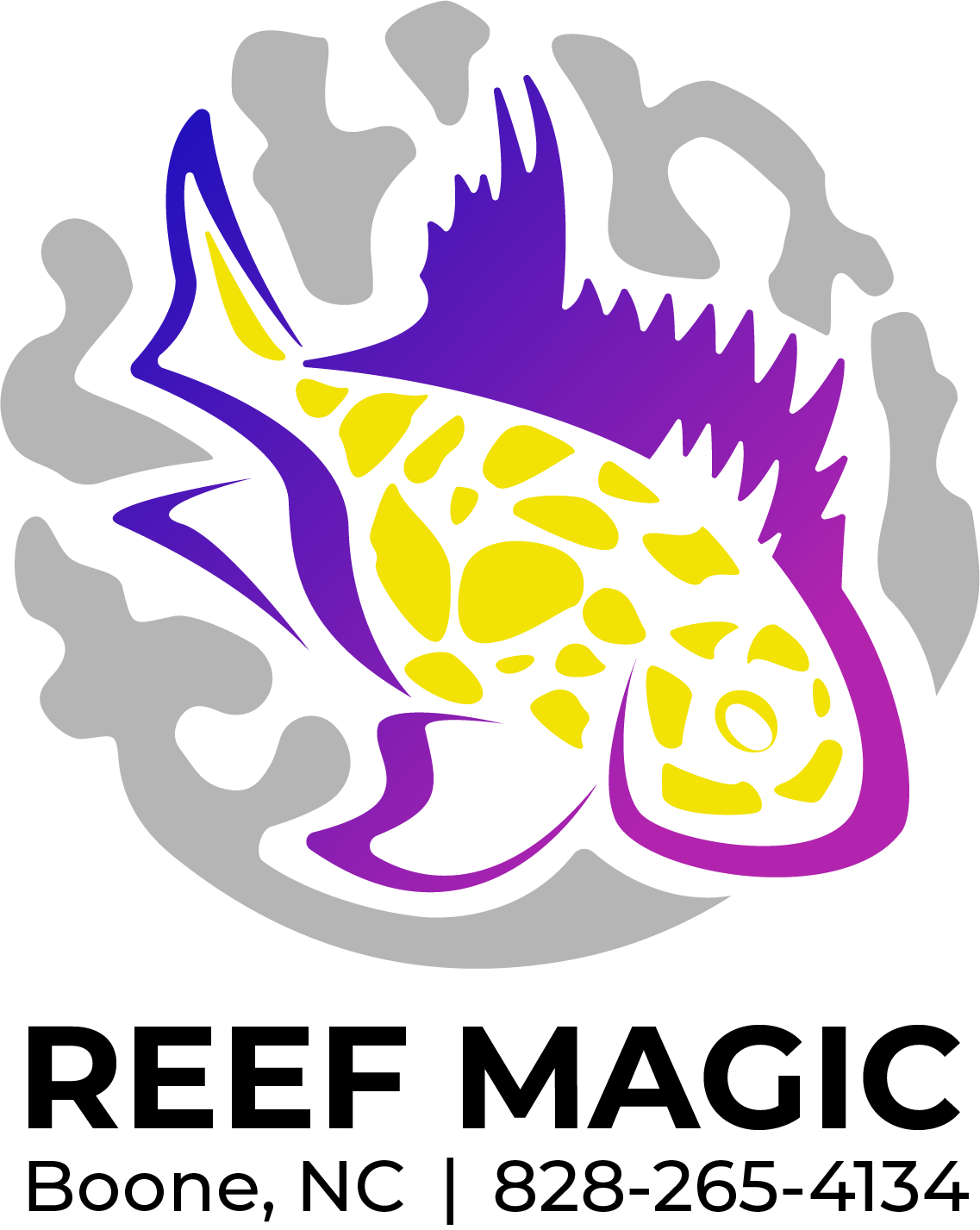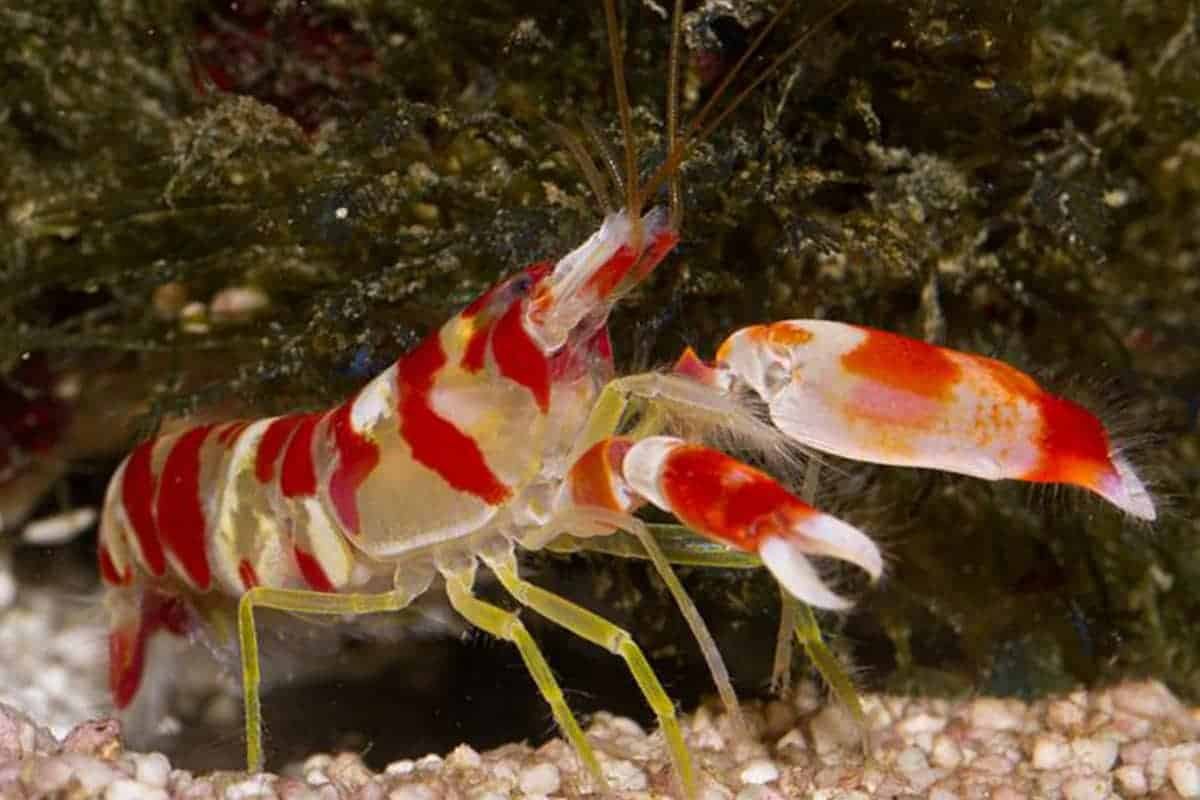 Image 1 of 1
Image 1 of 1


Shrimp- Harlequin
Harlequin Shrimp (Hymenocera elegans) are stunning marine invertebrates known for their striking appearance and unique feeding habits. Here are their care requirements:
Tank Requirements
Tank Size: Minimum of 20 gallons, although larger tanks are preferable to maintain stable water conditions and provide more space.
Substrate: A sandy or fine gravel substrate is ideal.
Rockwork: Provide plenty of live rock and hiding places. Harlequin shrimp enjoy crevices and caves where they can hide and feel secure.
Water Quality
Temperature: 75-82°F (24-28°C)
Salinity: 1.023-1.025 specific gravity
pH: 8.1-8.4
Ammonia/Nitrites: 0 ppm
Nitrates: < 20 ppm
Phosphates: < 0.03 ppm
Feeding
Diet: Harlequin shrimp have a specialized diet and primarily feed on starfish, including Asterina, Linckia, and other small starfish species.
Feeding Frequency: Provide starfish every few days. They can eat a single starfish over several days.
Feeding Method: Place the starfish near the shrimp’s hiding place to ensure they find it.
Behavior and Compatibility
Reef Safe: Harlequin shrimp are generally reef safe, but their specific dietary needs can be challenging in a typical reef aquarium.
Tank Mates: Compatible with a variety of peaceful reef-safe fish and invertebrates. Avoid aggressive fish or large crabs that might harm them.
Pairs: Harlequin shrimp are often kept in pairs, as they are known to form monogamous bonds.
Care and Maintenance
Water Changes: Regular water changes (10-20% weekly or bi-weekly) to maintain water quality.
Observation: Regularly check for signs of stress or health issues, such as lethargy or lack of appetite.
Calcium and Alkalinity: Maintain proper calcium and alkalinity levels for overall tank health, especially if you have other invertebrates or corals.
Acclimation
Drip Acclimation: Acclimate slowly using the drip method to help them adjust to your tank’s water parameters, reducing stress and improving survival rates.
Additional Tips
Specialized Diet: Be prepared to source and provide a continuous supply of starfish, which can be challenging and expensive.
Avoid Copper: Do not use medications or treatments containing copper in the tank, as it is toxic to invertebrates.
Challenges
Feeding: The most significant challenge is their specialized diet, requiring a consistent supply of starfish.
Fragility: Harlequin shrimp are sensitive to changes in water conditions and can be more delicate compared to other shrimp species.
By providing the Harlequin Shrimp with a suitable environment, a consistent and appropriate diet, and stable water conditions, they can thrive and become a fascinating addition to your marine aquarium.
Harlequin Shrimp (Hymenocera elegans) are stunning marine invertebrates known for their striking appearance and unique feeding habits. Here are their care requirements:
Tank Requirements
Tank Size: Minimum of 20 gallons, although larger tanks are preferable to maintain stable water conditions and provide more space.
Substrate: A sandy or fine gravel substrate is ideal.
Rockwork: Provide plenty of live rock and hiding places. Harlequin shrimp enjoy crevices and caves where they can hide and feel secure.
Water Quality
Temperature: 75-82°F (24-28°C)
Salinity: 1.023-1.025 specific gravity
pH: 8.1-8.4
Ammonia/Nitrites: 0 ppm
Nitrates: < 20 ppm
Phosphates: < 0.03 ppm
Feeding
Diet: Harlequin shrimp have a specialized diet and primarily feed on starfish, including Asterina, Linckia, and other small starfish species.
Feeding Frequency: Provide starfish every few days. They can eat a single starfish over several days.
Feeding Method: Place the starfish near the shrimp’s hiding place to ensure they find it.
Behavior and Compatibility
Reef Safe: Harlequin shrimp are generally reef safe, but their specific dietary needs can be challenging in a typical reef aquarium.
Tank Mates: Compatible with a variety of peaceful reef-safe fish and invertebrates. Avoid aggressive fish or large crabs that might harm them.
Pairs: Harlequin shrimp are often kept in pairs, as they are known to form monogamous bonds.
Care and Maintenance
Water Changes: Regular water changes (10-20% weekly or bi-weekly) to maintain water quality.
Observation: Regularly check for signs of stress or health issues, such as lethargy or lack of appetite.
Calcium and Alkalinity: Maintain proper calcium and alkalinity levels for overall tank health, especially if you have other invertebrates or corals.
Acclimation
Drip Acclimation: Acclimate slowly using the drip method to help them adjust to your tank’s water parameters, reducing stress and improving survival rates.
Additional Tips
Specialized Diet: Be prepared to source and provide a continuous supply of starfish, which can be challenging and expensive.
Avoid Copper: Do not use medications or treatments containing copper in the tank, as it is toxic to invertebrates.
Challenges
Feeding: The most significant challenge is their specialized diet, requiring a consistent supply of starfish.
Fragility: Harlequin shrimp are sensitive to changes in water conditions and can be more delicate compared to other shrimp species.
By providing the Harlequin Shrimp with a suitable environment, a consistent and appropriate diet, and stable water conditions, they can thrive and become a fascinating addition to your marine aquarium.







